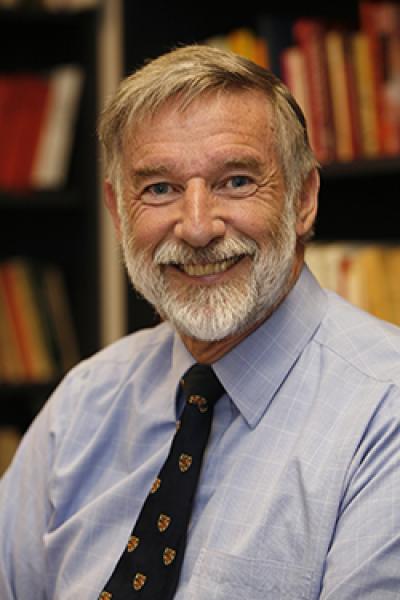Revising "The Military Revolution"

Principal Investigators: Geoffrey Parker, Andreas Dorpalen Professor of History
In 1988, Geoffrey Parker published his best-known work, The Military Revolution: Military Innovation and the Rise of the West, 1500-1800. In this book, which won best book prizes from the Society for the History of Technology and the American Military Institute, Parker asks how the West, small and deficient in natural resources, came to control over one-third of the world.
Parker argues that four key military innovations transformed European warfare, providing the foundation for the “rise of the West”:
- mass production of bronze artillery in the late 15th century, enabling a shift from labor-intensive to capital-intensive warfare
- sailing vessels capable of making long-distance voyages and delivering lethal broadsides
- artillery fortresses, perfected in the 1520s and spread from Italy to Europe and European possessions overseas
- volley fire and drill for infantry, introduced by the Dutch Army in the 1590s
While The Military Revolution has garnered interest from a broad array of historians, political scientists, and strategic analysts, it has also been the subject of controversy, including The Military Revolution Debate by Clifford J. Rogers in 1995.
Critics have brought up four points:
- conceptual: Some believe the process of military change was not a revolution
- chronological: Some argue these changes took place before or after Parker’s time frame
- technological: Some say the book is technological determinism
- geographical: Some argue the revolution did not spread to the areas Parker cites
In this project, Parker is substantially revising his “disputed classic” by incorporating elements of his own research, undertaking new research, and incorporating research by others. From his own research, Parker will add archival data about the birth of the broadside in England, the spread of artillery forces to Ireland and European colonies, and the birth of volley fire in the Dutch Republic.
Support from the Mershon Center has allowed Parker to incorporate new material from research trips to Turkey, Japan, France and Vietnam. He also reviewed substantial research by other scholars on the impact of European firearms in Africa and America in the 16th and 17th centuries.
The book, under contract at Cambridge University Press, will be divided into two parts. Part I, on creating the military revolution in Europe, will cover innovations in land and sea warfare, supplying war, and a new chapter on the culture of war.
Part II, on exporting the military revolution, will cover victory at sea and conquest and colonization using new sources from Africa, Asia and the Americas. An epilogue will compare the military revolution of past centuries to the contemporary “Revolution in Military Affairs,” a theory about the future of warfare tied to information, communications, and space technology.
Investigators
Filters: 2012-2013, History
